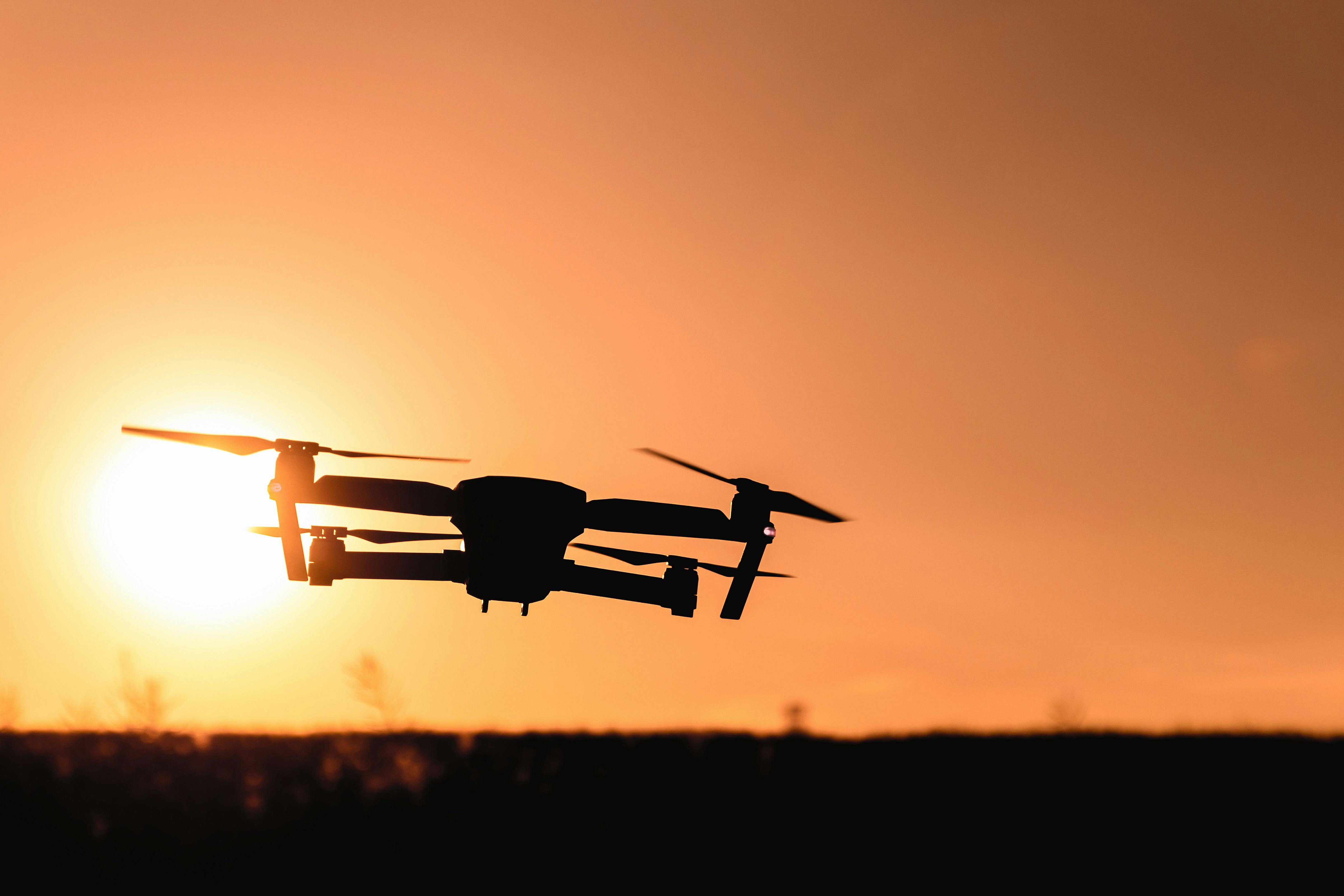Build a Career as a Drone Pilot! Explore Drone Pilot Training Programs
The rapidly evolving field of drone technology has opened up exciting career opportunities for those interested in aviation and cutting-edge tech. Becoming a drone pilot offers a unique blend of skills, from mastering flight controls to understanding complex regulations. This article delves into the world of drone pilot training, exploring how you can turn this passion into a rewarding profession.

What exactly is drone pilot training?
Drone pilot training is a comprehensive educational program designed to equip individuals with the knowledge and skills necessary to operate unmanned aerial vehicles (UAVs) safely and effectively. These programs cover a wide range of topics, including drone flight mechanics, airspace regulations, safety protocols, and operational best practices. Trainees learn both theoretical concepts and hands-on flying techniques, preparing them for various applications in industries such as photography, surveying, agriculture, and emergency services.
Why is drone pilot certification important?
Obtaining a drone pilot certification is crucial for anyone looking to fly drones professionally in most countries. In the United States, for example, the Federal Aviation Administration (FAA) requires commercial drone pilots to hold a Remote Pilot Certificate. This certification ensures that pilots understand airspace rules, can interpret weather patterns, and are aware of privacy and safety considerations. Having a recognized certification not only legitimizes your skills but also opens doors to more job opportunities and potentially higher-paying positions in the drone industry.
What are the key components of a drone pilot training program?
A comprehensive drone pilot training program typically includes several essential components:
-
Aeronautical knowledge: Understanding aviation principles, weather patterns, and airspace regulations.
-
Drone operation skills: Hands-on flying practice with various drone models and in different environments.
-
Safety procedures: Learning emergency protocols and risk assessment techniques.
-
Legal and ethical considerations: Studying privacy laws and ethical guidelines for drone operation.
-
Specialized applications: Training in specific industry uses such as aerial photography, mapping, or inspection.
-
Maintenance and troubleshooting: Basic drone maintenance and problem-solving skills.
These components ensure that aspiring drone pilots are well-rounded and prepared for the challenges they may face in the field.
What career opportunities are available for certified drone pilots?
The drone industry offers a diverse range of career opportunities for certified pilots. Some popular drone pilot jobs include:
-
Aerial Photographer/Videographer: Capturing stunning aerial footage for real estate, events, or filmmaking.
-
Surveyor and Mapper: Creating detailed 3D maps and models for construction or land management.
-
Agricultural Drone Pilot: Assisting farmers with crop monitoring and precision agriculture.
-
Search and Rescue Operator: Supporting emergency services in locating missing persons or assessing disaster areas.
-
Infrastructure Inspector: Conducting safety inspections of buildings, bridges, or power lines.
-
Delivery Drone Pilot: Operating drones for package delivery services, an emerging field with significant growth potential.
As drone technology continues to advance, new and exciting career paths are likely to emerge, making it an exciting time to enter the field.
How long does it typically take to become a certified drone pilot?
The duration of drone pilot training can vary depending on the program and the individual’s dedication. Generally, basic certification courses can be completed in a few weeks to a couple of months. However, becoming proficient and building a strong portfolio may take several months to a year. Here’s a typical timeline:
-
Study for the FAA Part 107 exam: 2-4 weeks
-
Take and pass the exam: 1 day
-
Basic flight training: 1-2 weeks
-
Advanced skills and specialization: 1-3 months
-
Building flight hours and experience: Ongoing
Remember that continuous learning and staying updated with the latest regulations and technologies is crucial in this rapidly evolving field.
What are the costs associated with drone pilot training and certification?
The cost of becoming a certified drone pilot can vary widely depending on the training program, equipment, and certification requirements. Here’s a breakdown of potential expenses:
| Item | Estimated Cost Range |
|---|---|
| FAA Part 107 Exam Fee | $150 - $175 |
| Study Materials and Courses | $100 - $500 |
| Basic Drone for Training | $500 - $1,500 |
| Professional-Grade Drone | $1,000 - $5,000+ |
| Insurance | $500 - $1,000 per year |
| Additional Specialized Training | $500 - $2,000 |
Prices, rates, or cost estimates mentioned in this article are based on the latest available information but may change over time. Independent research is advised before making financial decisions.
It’s important to note that while the initial investment may seem substantial, the potential for a lucrative career in drone piloting can make it a worthwhile endeavor. Many pilots recover their training costs within their first year of professional work.
In conclusion, drone pilot training offers a pathway to an exciting and growing career field. With the right education, certification, and dedication, aspiring pilots can turn their passion for flying into a rewarding profession. As technology continues to advance, the opportunities for skilled drone operators are likely to expand, making it an excellent time to consider this dynamic career path.




